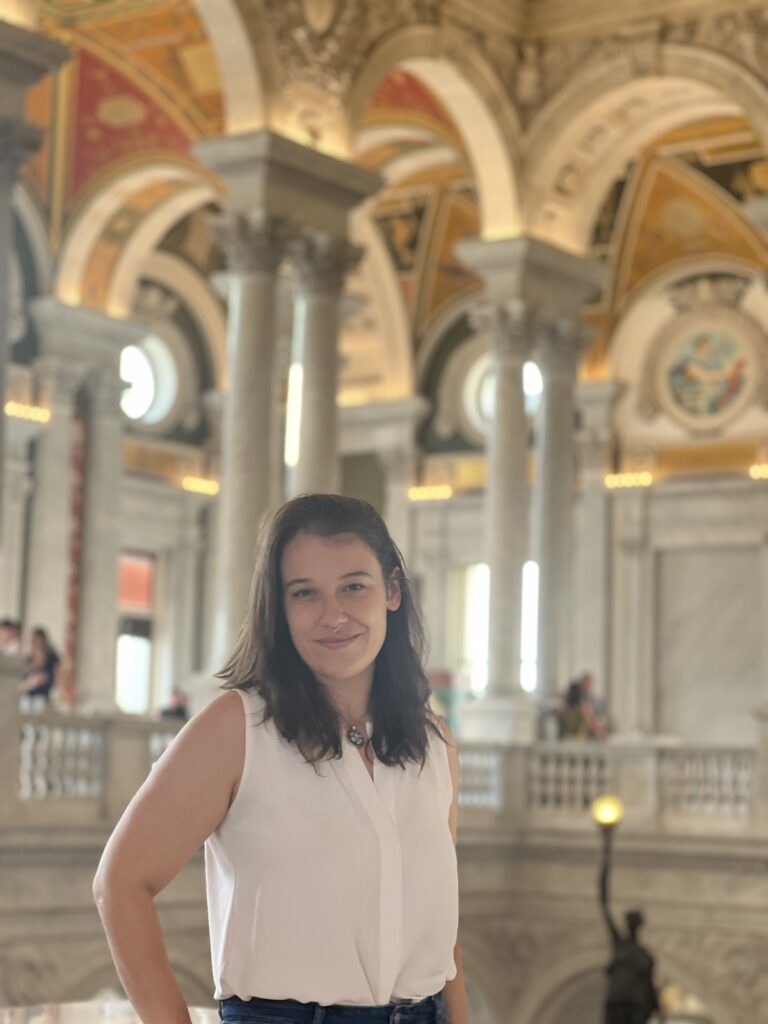A week at the Coyote Yurt, binocular stargazing events in Stanley, and library lectures in Ketchum are just a few ways members of the dark sky community explore and expand their relationship to the Central Idaho Dark Sky Reserve, a precious locale that sets Idaho apart from much of the U.S.. Boise State’s Astronomers in Residence inevitably intermingle with the Sun Valley and Boise communities on changes to their sky as it shifts before their eyes. Just last Summer in 2023, Boise State Professor Brian Jackson’s NASA grant brought two Astronomers to conduct outreach activities across the state and measure changes in sky brightness in order to preserve the reserve’s Gold Tier status. At the time, there were 7,962 active satellites in Earth’s orbit.
Today, this number has already increased to 9,653. 7,016 of those satellites belonging to the U.S. alone. At such an unprecedented rate of growth, our sky overhead is changing faster than the public can weigh-in to government agencies. Who often collect comments constrained to specific issues such as orbital debris and technical specifications for satellite operators.
It’s perhaps surprising that one of the few public fora to weigh in on the night sky is on the international level, at the United Nations. Just this year, the United Nations Committee on the Peaceful Uses of Outer Space (UNCOPUOS) agreed to maintain an agenda item discussing “Dark and Quiet Skies,” or protecting the sky for astronomical studies. These protections have become critical, as some spacecraft easily top the list of 20 brightest stars in the sky.
Dr. Lindsay DeMarchi

While academics and members of industry often weigh-in on the conversation, 2023 Astronomer in Residence Dr. Lindsay DeMarchi seized the opportunity to incorporate another aspect of the private sector– the Central Idaho Dark Sky Reserve. “There’s simply no other place for other ‘users of space’ to be heard,” she commented, “unless you have a Ph.D. or work for a space commercial company, you don’t have many options to comment on your own night sky.”
Inspired by her residency in 2023, Dr. DeMarchi is currently an IEEE Congressional Fellow working in space policy on Capitol Hill, where she has maintained a spirit of advocacy, continuing to volunteer as an Idaho Dark Sky Alliance Advisory Council Member. She stressed the importance of public and civic engagement on the issue. “I think most people underestimate the power they have as a constituent. Congresspeople sincerely want to hear about what matters to the people they represent. Many of us value, but don’t think to mention, intangible things that cannot speak: darkness, silence, and the sky.”
Dr. DeMarchi will be representing such intangible elements of the reserve as she joins a newly assembled United Nations “Group of Friends” convened by the United States State Department and the National Science Foundation, whose perspectives also span industry, academia, and nonprofit societies. The Group of Friends seeks to provide input at UNCOPUOS and represent international interests. “We’re in good company,” Dr. DeMarchi says, “it’s a global sentiment to preserve our relationship to space. We just have to be mindful of what that looks like in practice.”